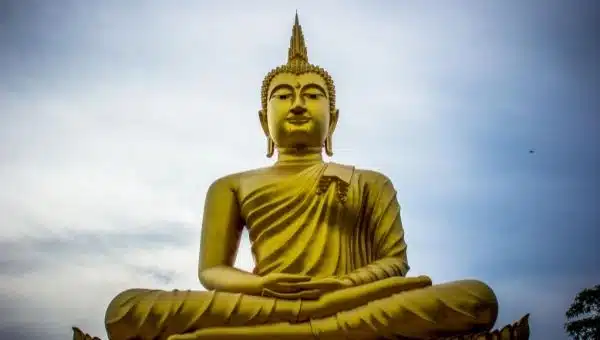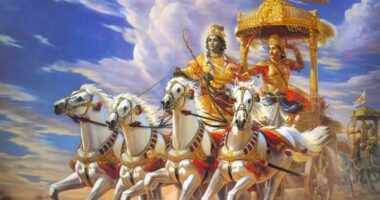- So if you are the one looking to learn about Buddhism check these 10 best books about Buddhism.
- This book is considered a modern Zen classic.
- It reverberates with the happiness of insight throughout the book.
- The first section of this book deals with a lesson on how to have a good life and the second section talks about how to …
- It is not about how to endure loss but it is about the understanding of life.
- This book has inspired teachers and students for several years.
Buddhism was originated in India and it is one of the world’s largest religions. The belief of this religion is the life of a human is that of suffering and the ways to achieve nirvana or enlightenment are physical and spiritual labor, meditation, and good behaviour. In this article, we have listed 10 Buddhist books everyone should read. So if you are the one looking to learn about Buddhism check these 10 best books about Buddhism.
10 Best Books about Buddhism | 10 Buddhist Books Everyone Should Read –
The Art of Happiness – Dalai Lama XIV
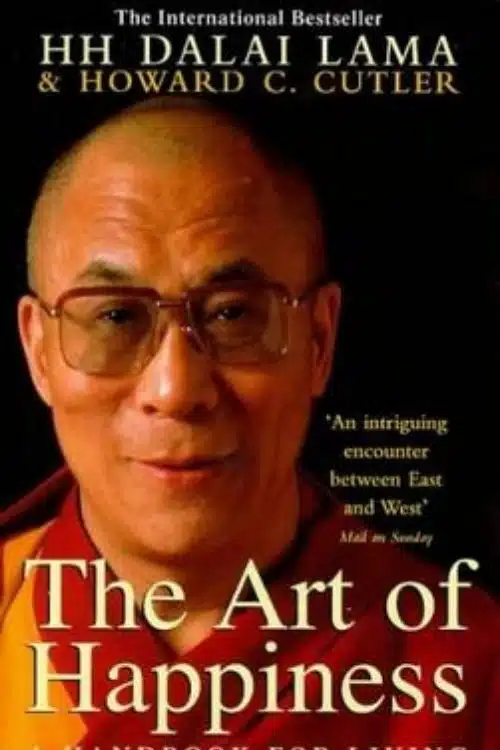
The book mostly explored the meetings and interviews between Western Psychologist Howard Cutler and the Dalai Lama. It is about the notion of happiness and how we can attain or achieve it. Dalai Lama believes that we inherently contain the strength to achieve joy but we hinder it with shallow beliefs.
Siddhartha – Hermann Hesse
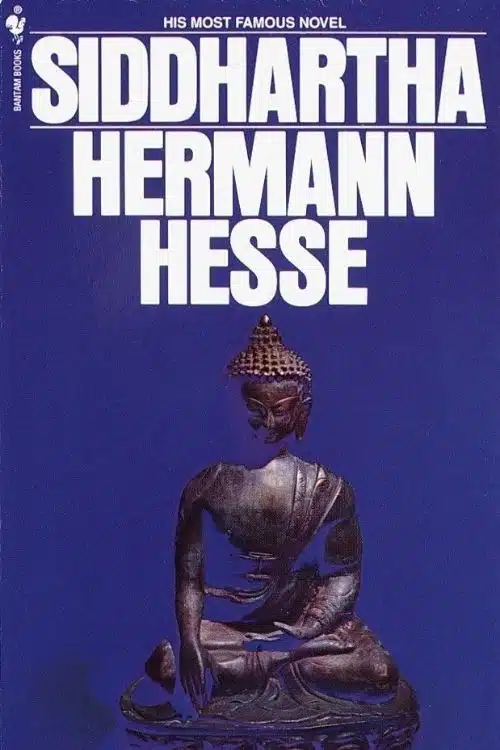
This story is about a rich Indian Brahmin who casts off a life of advantage and opportunities to dwell with spiritual fulfillment. The writer explored Western individualism, Eastern religions, Jungian archetypes, and more into an extraordinary vision of life as explored and expressed through a single man who is in search of the authentic meaning of life and existence.
Zen Mind, Beginner’s Mind – Shunryu Suzuki
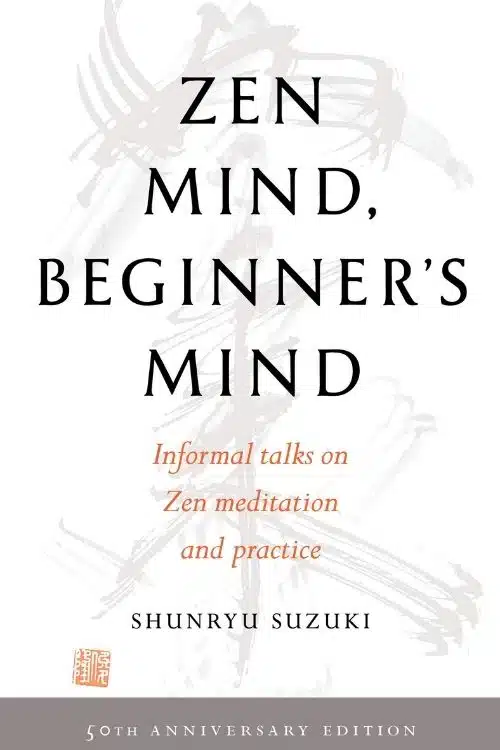
This book is considered a modern Zen classic. Suzuki offers the basics of Zen – the details of the postures, insight of nonduality, breathing in Zazen, and more. It reverberates with the happiness of insight throughout the book. It is capable of inspiring practice from time to time. Hence, it is not only largely popular but reread as well.
Peace is Every Step – Thich Nhat Hanh
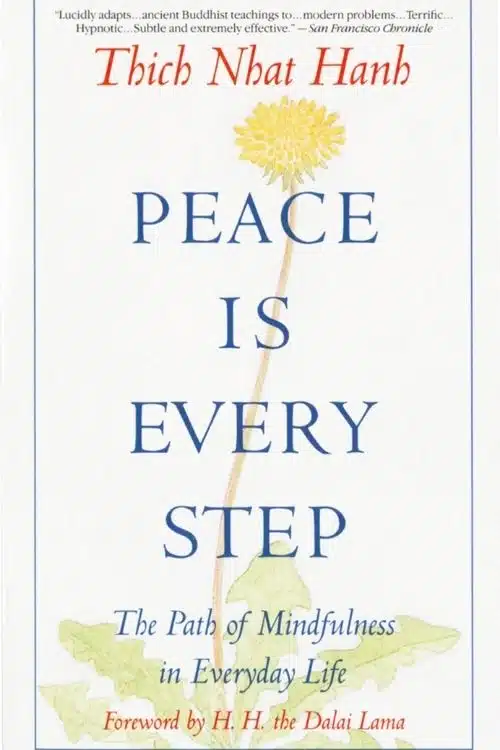
This book includes tales, private anecdotes, meditation, and commentaries from the writer’s experiences as a teacher, leader, and peace activist. Hanh offers exercises to enlarge the awareness of our mind and body through breathing, which brings instant tranquility and pleasure. It also portrays how to be conscious of relationships with the people I know, others, and even the world around us.
Awakening the Buddha Within – Lama Surya Das
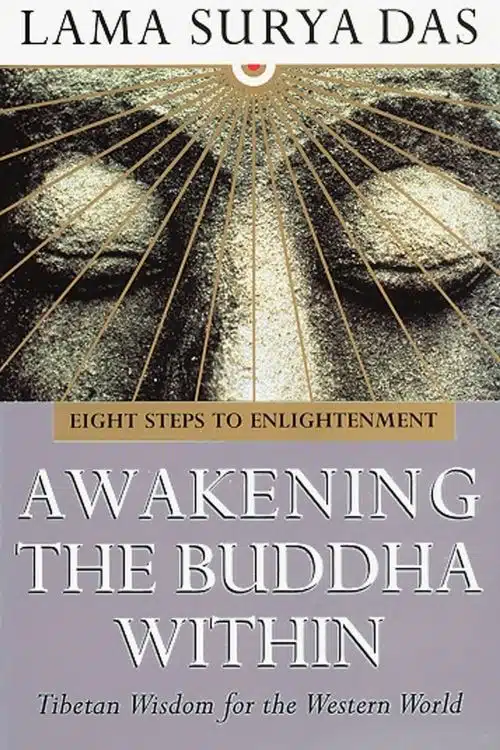
Surya Das in his book significant principles and guidelines symbolized in the eightfold path and the Three Enlightenment Trainings – wisdom training (producing clear insight, vision, and internal understanding), ethics training (nurturing compassion, virtue, and self-discipline), and meditation training (practicing awareness, concentration, and mindfulness).
The Tibetan Book of Living and Dying – Sogyal Rinpoche
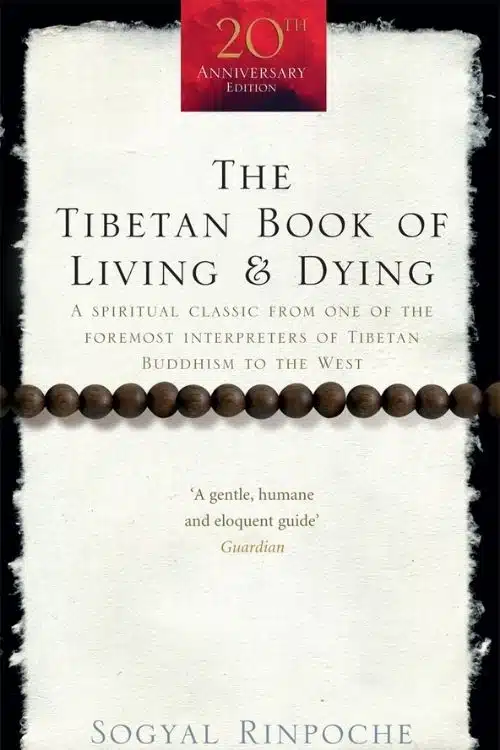
This book is the ultimate introduction to the wisdom of Tibetan Buddhists. The first section of this book deals with a lesson on how to have a good life and the second section talks about how to die well. This read is about comprehending death and how it will approach all of us. We have a single life and how we should live it to the fullest and be aware of each situation. It is not about how to endure loss but it is about the understanding of life.
The Four Noble Truths – Dalai Lama XIV
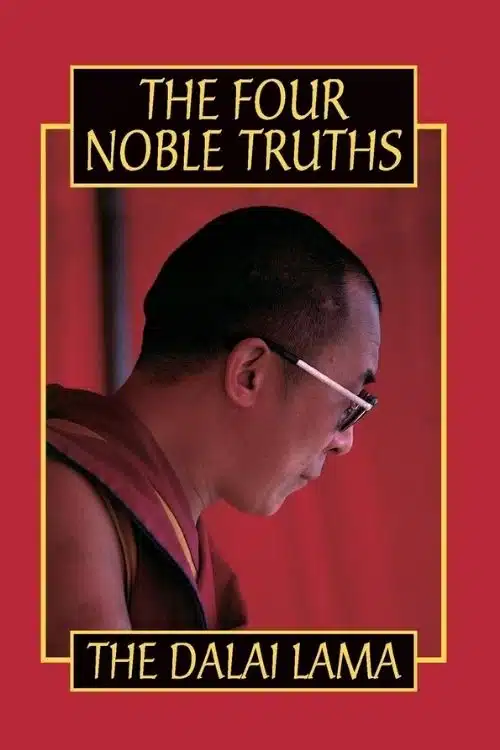
The four noble truths were the first sermon that the great Buddha gave after he received the power of free-thinking and he was enlightened. The holiness elucidates the meanings of these noble truths and the connection between absolute and relative compassion.
The Heart of the Path – Lama Zopa Rinpoche
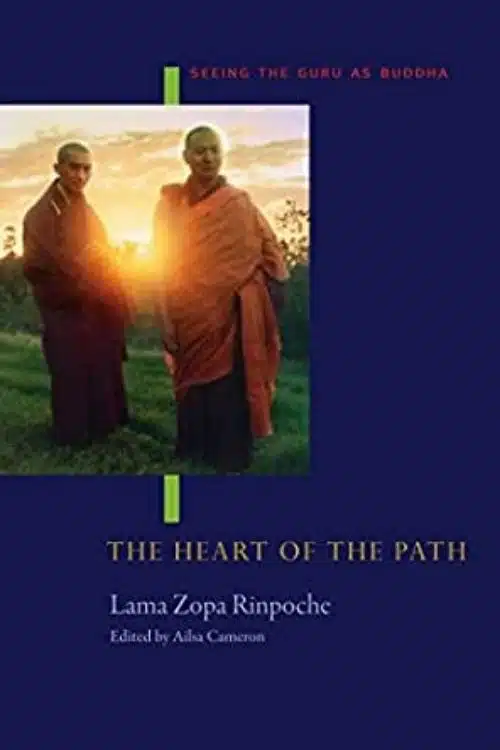
Alisa Cameron managed to draw on almost fifty diverse teachings that Lama Zopa Rinpoche has offered over three decades and this book is a result of it. This is an astonishing read on Guru Devotion.
Zen Flesh, Zen Bones – Paul Reps

When published in 1957, this book became a sensation for everyone who was already indulged with Zen or started learning about Zen. This book has inspired teachers and students for several years. This book offers a compilation of available, primary Zen observations and sources so that we can comprehend and acknowledge Zen in our way. It consists of 101 Stories regarding Zen and recalls tales from Japanese and Chinese Zen teachers over five centuries.
Buddhism – Cyrus Panjvani
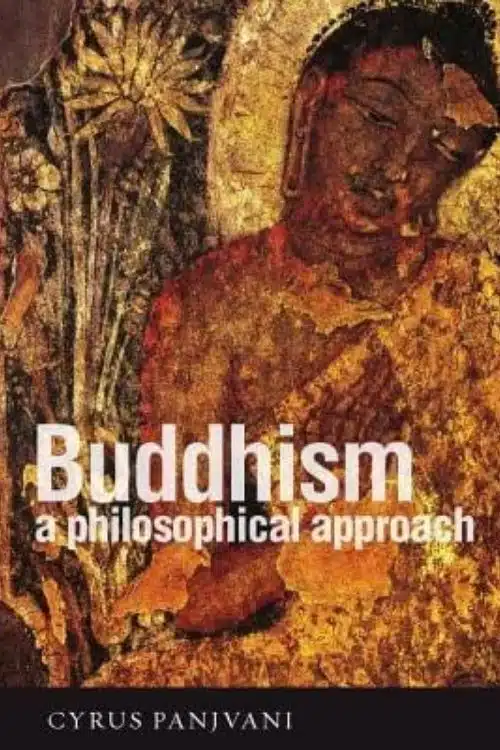
This book by Panjvani is well organized and elucidates every section – it starts with some Indian background, some details, and parts of Buddha’s life, there are chapters on noble truths, on Dharma and dharmas, on the dependent inauguration, on impermanence, and more.
Also Read: Why Stories Are Important to Our Lives and Culture?
